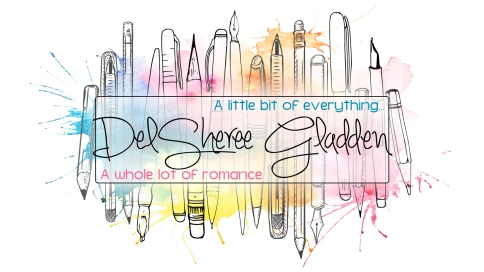 Maybe this only happens in my house, but unlike the picture above with nicely closed cabinet doors, I can walk into a room and, no kidding, there is almost always at least one drawer, cupboard door, or package of something or other left open. Usually, more than one. There have been times when I’ve walked into the kitchen and literally every cupboard door is standing open because someone was looking for something and, after finding it, walked away.
Maybe this only happens in my house, but unlike the picture above with nicely closed cabinet doors, I can walk into a room and, no kidding, there is almost always at least one drawer, cupboard door, or package of something or other left open. Usually, more than one. There have been times when I’ve walked into the kitchen and literally every cupboard door is standing open because someone was looking for something and, after finding it, walked away.
What does this have to do with plot holes?
Your readers are like one of my kids looking for the bag of chocolate chips they want to add to their spoon of peanut butter. They keep looking for the answers you’ve promised them, scouring every page, rereading when they think they might have missed something, or silently working out all possible endings when they’re forced to put down a book and pay attention to real life for a few hours.
Those times when all the cupboard doors are left open because they have to search that hard, it often results from one of two things:
1: They’ve opened every other door in the kitchen and are reaching for the last one, opening it slowly, only to find, the cupboard is bare and the answers you promised aren’t actually in the kitchen, or anywhere…and they walk away, annoyed and vowing to never read anything of yours again because, dang it, when you want a snack and can only find celery sticks that make your mouth itch, your definitely not going to take the time to clean up your mess.
OR
2: They reach for that last cupboard door, pull it open and – because you’ve done an impeccable job of filling in holes and stretching out your reveals – all those awesome answers come flooding out at the very end for your reader to gobble up as hungrily as my kids might those cookies I tried to hide from them, and abandon the kitchen in complete satisfaction…forgetting to close all the cupboard doors.
The point?
 Just like when my kids (my daughter specifically) stomps away, annoyed I haven’t purchased sufficient snack-worthy foods, your readers will walk away when they finish a book unsatisfied because of questions you never answered if your book leaves them with option #1.
Just like when my kids (my daughter specifically) stomps away, annoyed I haven’t purchased sufficient snack-worthy foods, your readers will walk away when they finish a book unsatisfied because of questions you never answered if your book leaves them with option #1.
I’ve been teaching a self-editing class this semester, and one of the best tips for avoiding plot holes is to re-outline your novel or story as you do your first major edit.
Why?
Editing sucks, right? 90% of writers will agree with me on that, I’m pretty sure.
Outlines suck even more. Okay, maybe only other pansters will agree with me on that, but that’s got to be at least 50%, right?
You know what sucks more, though? Having a reader leave a nasty review…one that’s legit and calls you out on shortcuts you took or hints you failed to live up to.
During your first major outline, take the time to outline your book, taking note of all the hints you added in, the questions you posed, and the bits of backstory you teased your readers with.
Did you follow up on each and every one?
If not, you have two choices:
1: Nix it. If you never followed up because that particular tidbit simply didn’t pan out, remove it.
 2: Fill in where you neglected to follow through. Any questions you posed that pertain to that particular book (notice I’m not talking series-length questions) make sure you have an answer, or make it apparent that question will be answered in a subsequent book, if you’re working on a series.
2: Fill in where you neglected to follow through. Any questions you posed that pertain to that particular book (notice I’m not talking series-length questions) make sure you have an answer, or make it apparent that question will be answered in a subsequent book, if you’re working on a series.
Most readers have a Love/Hate relationship with valid cliffhangers.
ALL readers have a Hate/Hate relationship with lazy writing that leaves them questioning why they purchased a book.










 Faults
Faults









